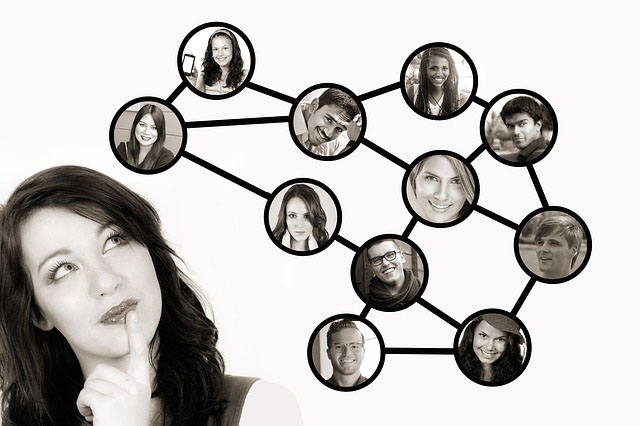Most of us don’t find it hard to imagine a better world – a safer, happier and fairer world. The question is, ‘How do we get there?’ Many see solutions in terms of politics or economics – change the leaders, fix the political and economic systems, the courts and the schools, the police and defense forces, and the world will be a far better place.
But will it? History is littered with the theories and experiences of various political and economic ideas. Capitalists and communists, monarchists and republicans, insist that their way is the means to a better world. But history shows that whatever the system, there’s still fraud, injustice, poverty, pillaging, sexual harassment, greed, violence and war. The systems may change, the faces may come and go, but the scene remains the same.
THE SELF
The real problem is us. What makes the world a valley of tears, is not the system, but human wickedness – people behaving in cruel, selfish, foolish, brutal ways. Each one of us, in varying ways and in varying degrees, contributes to the problem.
How then do we make the world a better place? In our mind’s eye we can see a better world and we ask, what can I do to make it better? Should I get active in politics, in economic theory, in industry, in education? Yes, by all means. But a better place to begin is with the circles of influence that are open to us all – church, our family or household, the work-place and the community. This is one of the implications of what Paul writes in Colossians 3:18-4:6.
So what should we do?
Pray. The first Christians were committed and enthusiastic in their prayers. It is one of the reasons for their terrific evangelistic success. They prayed. Thousands were converted.
It may have been that the Colossians Christians had become apathetic. No longer did they see the urgency or the essential nature of prayer, and that is why Paul insists, Continue steadfastly in prayer… ‘Never give up’, he is saying. ‘Your prayers may not be answered immediately. But don’t give up.’ The Bible tells us over and over again that it is God’s desire that people should come to him. It is one prayer we can be assured God will answer.
Blaise Pascal commented: ‘Men despise religion. They hate it and are afraid it may be true. The cure for this is just to show that religion is not contrary to reason, but worthy of reverence and respect. Next, make it attractive, make good men wish it were true, and then show them that it is.’
TIME AND OPPORTUNITY–BE READY
In Colossians 4:5 Paul writes: Conduct yourselves wisely towards outsiders, making the most of the time. He is saying that every one of us has opportunity. We may not feel we can do anything to change the world: we may feel economically weak, politically powerless, that we have no clout in society. But Paul would have us know that we do have opportunity in our everyday lives. ‘Use those opportunities,’ he says.
Testimony. Now people do not become Christians by simply observing and meeting Christians. Christianity is not something to be caught – like the flu! Furthermore, many people these days have formed their views of Christianity from society’s stereotypes promoted by the media. They don’t actually know any Christians.
We need to think about how we relate to and how we speak with others. In Colossians 4:6 Paul says that our speech should be gracious but seasoned with salt. Our words need to stir and challenge, making other people think about what it is that makes us tick, so they will react, wanting to ask us more.
And when they want to know more, be prepared so that you may know how you ought to answer everyone. Paul has in mind our response to people who are asking genuine questions. ‘Do what it takes,’ he says, ‘to be ready.
Create opportunities, pray for opportunities and use those opportunities. If you are unsure what you should say, think about your own experience of Christ and develop the story of how you came to faith in him.
© John G. Mason

